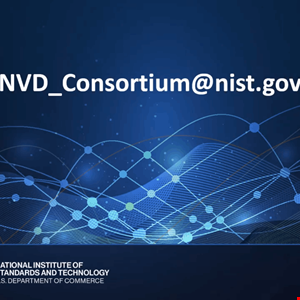It’s now official: the US National Institute of Standards and Technology (NIST) will hand over some aspects of the management of the world’s most widely used software vulnerability repository to an industry consortium.
The ongoing infostealer attacks targeting macOS users may have adopted different methods to compromise victims’ Macs, but operate with the end goal of stealing sensitive data, Jamf Threat Labs said in a report published Friday.
This supply-chain compromise may have been caught early enough to prevent widespread exploitation, and it may only mainly affect bleeding-edge distros that picked up the latest xz versions right away.
Two prominent crypto platforms were compromised this week, with millions worth of cryptocurrency stolen by hackers with confusing motives. The two platforms include the blockchain-based game Munchables and the DeFi platform Prisma Finance.
A Linux privilege-escalation proof-of-concept exploit has been published that, according to the bug hunter who developed it, typically works effortlessly on kernel versions between at least 5.14 and 6.6.14.
Early on March 28, 2024, the Mend.io research team detected more than 100 malicious packages targeting the most popular machine learning (ML) libraries from the PyPi registry. Among those libraries are Pytorch, Matplotlib, and Selenium.
The round was led by Two Bear Capital, with participation from Blu Ventures, Canaan Partners, Cisco Investments, and Liquid 2 Ventures. Pre-seed investors Westwave Capital and Acrobator Ventures also expanded their equity positions.
The lead investor in this round is One Peak, the U.K. later-stage firm focusing on enterprise tech. Previous backers Energy Impact Partners and Balderton Capital are also participating.
According to the indictment, between 2015 and 2024, the APT31 group, linked to China’s Ministry of State Security, targeted thousands of U.S. and Western politicians, foreign policy experts, academics, journalists, and democracy activists.
The company published a document containing recommendations against password spray attacks aimed at Remote Access VPN (RAVPN) services. The IT giant pointed out that the attacks are also targeting third-party VPN concentrators.








